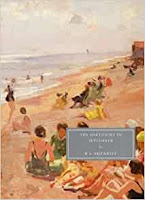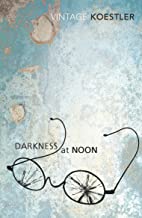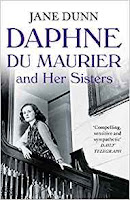Pippa Goodhart has written over a hundred and fifty books for children. Best known is her picture book You Choose, illustrated by Nick Sharratt. Her most recent children’s novel, The Great Sea Dragon Discovery, set in her home village of Grantchester, won the Young Quills Award for best historical children’s novel for 10-13 year olds. More on Pippa's website.
Clare Pollard is a poet who became a mother. Sharing books with her two young children and remembering her own childhood experiences of story, she adds academic study and a perceptive mind to considering the books many of us know and love. She writes so lucidly, with humour, moving fast through her rich material, carrying the reader onwards.
We get something of a cultural history of the twentieth and early twenty-first century, reflected in what we present to children. It’s gob-smacking to learn that both Franco and Hitler were scared enough of the potential influence of The Story of Ferdinand that they banned and burned it. What was the scary power of that little story for children written by Munro Leaf and illustrated by Robert Lawson? Simply that Ferdinand, the bull, is a character who would rather sit and sniff the flowers than fight. The book was published in 1936. In the US it became a best-seller, knocking Gone With The Wind off the top of the sales chart.
We learn of Eric Carle digging trenches for Nazis aged only fifteen, really understanding what extreme hunger is like, before idly playing with the hole punch on his desk and coming up with his classic Hungry Caterpillar. So many classic children’s picture books have links to the Second World War. Eric Hill, ex-RAF, realised that he’d given Spot the dog aircraft markings with the placement of spots on his coat! There are many more stories behind the stories to discover when you read this book.
I loved getting something of the personalities and lives of children’s book creators. The enterprise of Beatrix Potter, not just self-publishing when publishers turned down her Peter Rabbit story, but also creating and selling merchandise based on her artwork. We hear that Alison Uttley, creator of saintly Little Grey Rabbit, was herself of a bitchy tendency, calling Little Grey Rabbit’s illustrator, Margaret Tempest, ‘a humourless bore’, and neighbour Enid Blyton, ‘a vulgar, curled woman'. In contrast, we have charming Jan Pienkowski regularly meeting-up with Helen Nicoll, the author of his Meg and Mog books, at Membury Service Station, always taking with him a small bunch of flowers for the table they sat at to discuss the next book!
But there are sadder things. It’s so poignant to learn that the Babar stories which open with Babar weeping over his dead mother, was written and illustrated by young father, Jean de Brunhoff, when he knew himself to have TB, and that his own children would soon face the death of a beloved parent. Other examples of stories behind stories had me in actual tears.
And there’s just the quirky interest to be found. Did you know that Charles Dodgson (Lewis Carroll) had a stammer, so referred to himself as ‘the dodo’ as in Do-Do-Dodgson? Hence the dodo in Alice in Wonderland? Do you know what name Winnie the Pooh really had, if only AA Milne had listened more carefully to his son? Did you know that John Ruskin urged Kate Greenaway to undress the ‘girlies’ in her pictures? Urgh! I leave you to read and discover these things out for yourselves.
We also touch on picture book history through the development of different printing techniques, the start of children’s sections in libraries, the introduction of novelty elements of flaps and shaped pages, and more.
As Clare Pollard says, picture book stories are perhaps an area of culture shared more generally than almost any other. And they are important. Picture books, she says, ‘are teaching our children how they should be’. We know that the ones which strike a chord with children are loved and remembered for a lifetime.
I re-read this book over a couple of days, relishing reminders of favourite books and favourite book creators, some of whom I’ve been lucky enough to meet in my Heffers Children’s Bookshop days in the early ‘80s up to now being a picture book writer myself. Just about anyone will meet old book friends in this book, and find things out about those old friends they never knew before. A treat!







































































